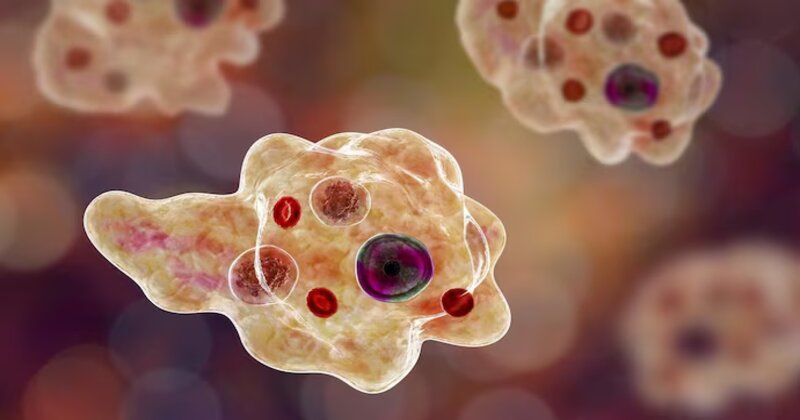
A 10-year-old boy in Kollam, Kerala, has been diagnosed with primary amoebic meningoencephalitis (PAM), marking the first reported case in the district. The child, a resident of Nadutheri, Thalavoor, is currently receiving treatment at SAT Hospital in Thiruvananthapuram. Initially admitted to a local hospital due to symptoms such as fever, headache, and vomiting, health officials are investigating potential exposure to contaminated water sources. Field inspections in the vicinity of his home are underway, as the state has reported over 20 cases of PAM so far.
Amoebic encephalitis cases continue to emerge in Kerala, prompting concerns from health officials. Following a spike in cases in Thiruvananthapuram, the state Health Minister announced that the Indian Council of Medical Research (ICMR) would conduct a study on the outbreak. However, this initiative has seen little progress, with only an initial meeting between an ICMR representative and local officials reported. Critics have condemned the government’s response as negligent, especially given the disease’s high fatality rate of 97%.
Primary amoebic meningoencephalitis typically arises in individuals who have engaged in activities such as swimming or bathing in warm, stagnant freshwater within a week prior to the onset of symptoms. The disease can progress rapidly, with signs appearing within hours to a couple of days. The causative agent, Naegleria fowleri, reaches the brain through the neuro-olfactory pathway, evading the body’s immune defenses and leading to swift disease advancement.

Post Your Comments